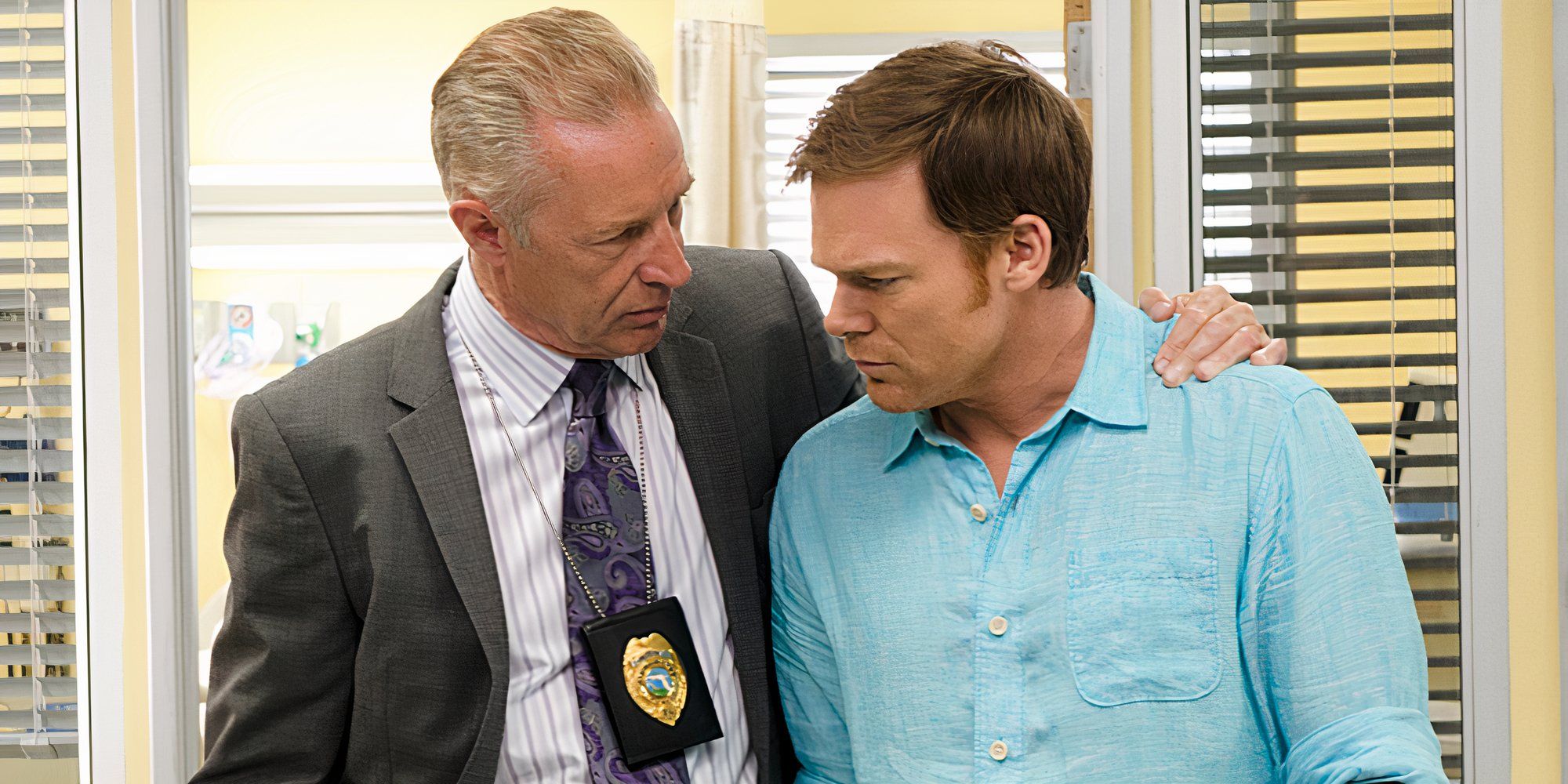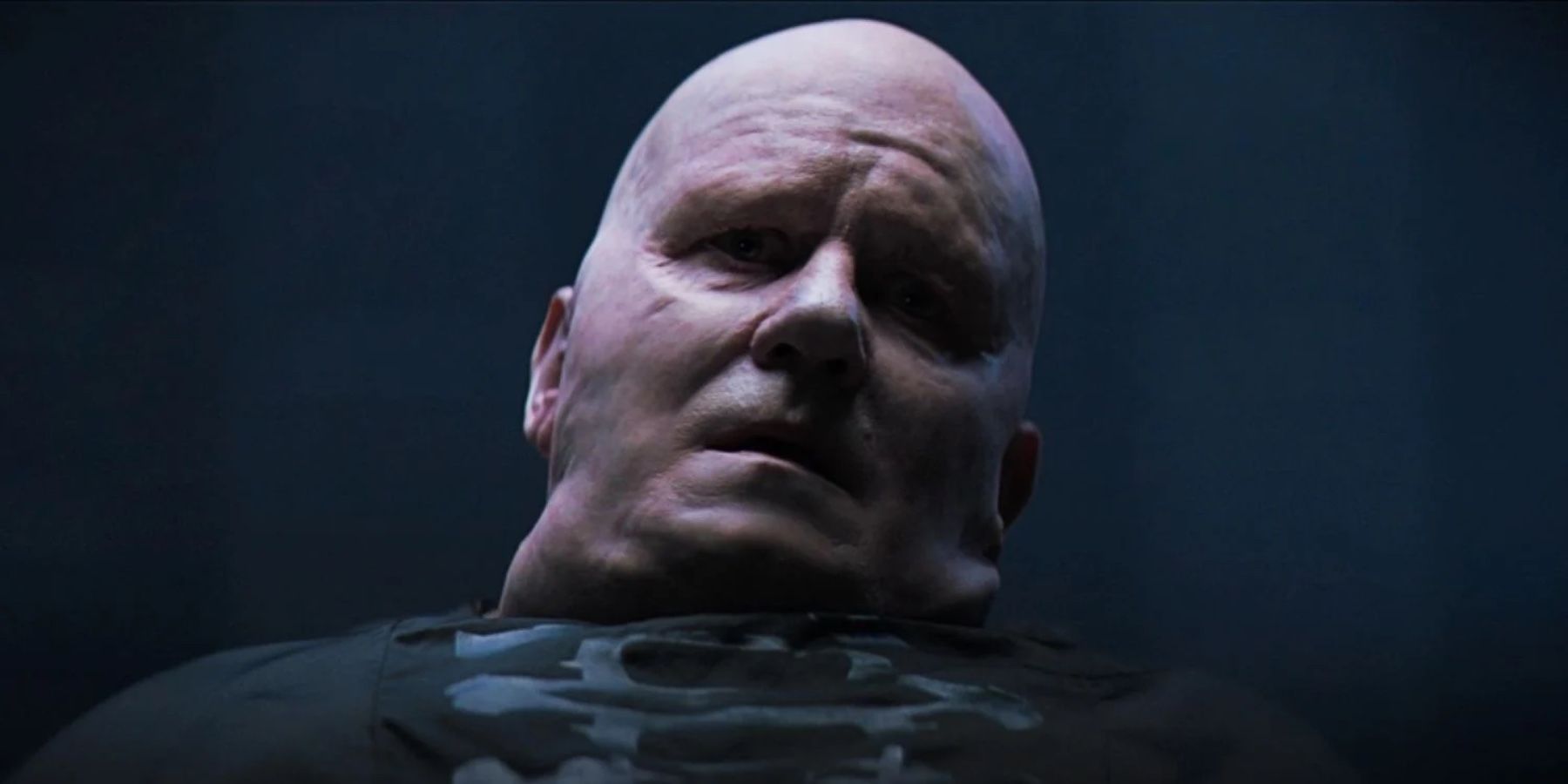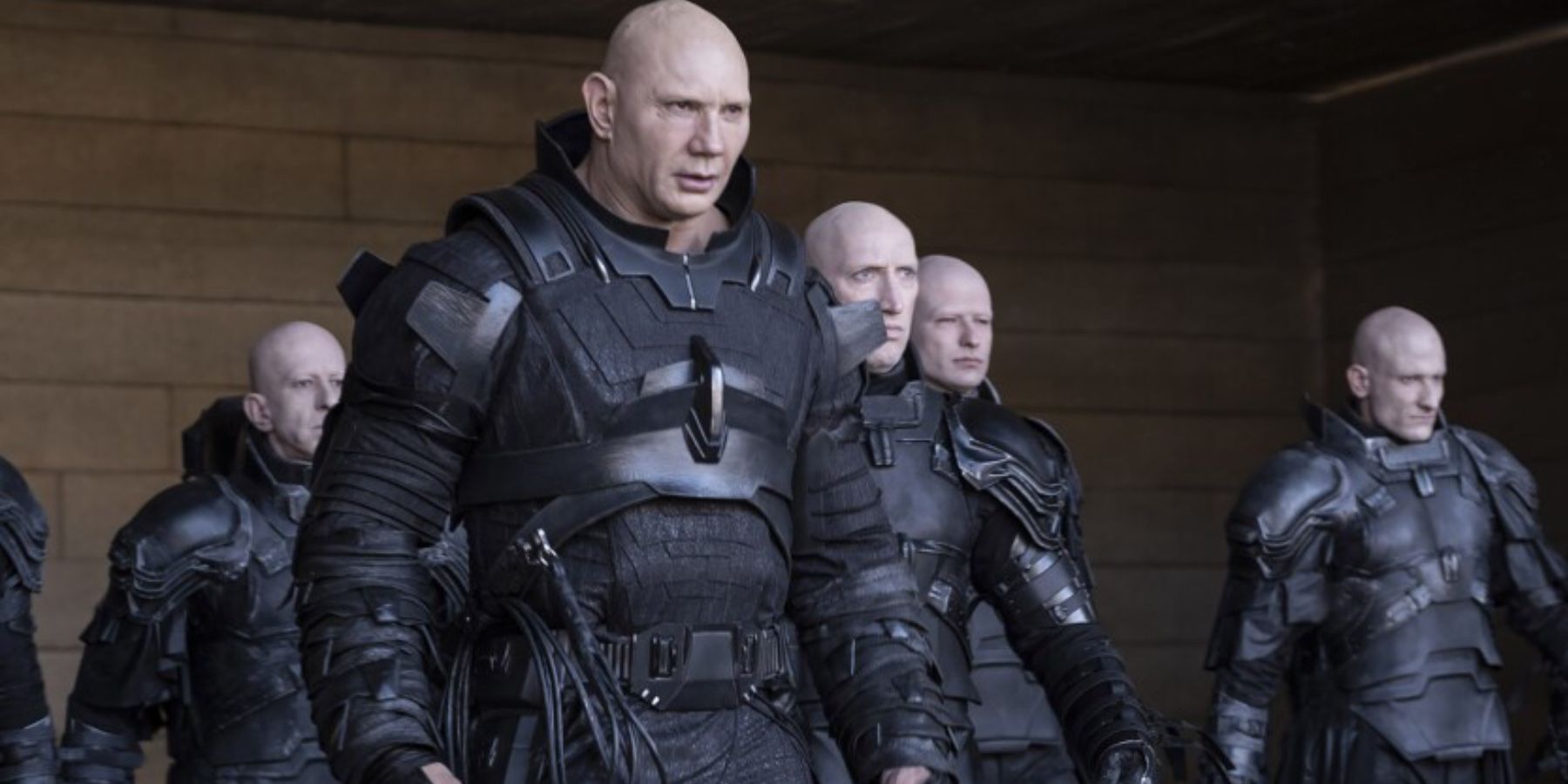The main background story of Dune follows the long-running war between two noble families for the fate of a crucial resource. The narrative tends toward moral complexity, but it does little to hide the sides of the conflict. House Atreides is noble, dutiful, and led by a succession of basically decent heavy-hangs-the-head types. House Harkonnen is staffed primarily by murderers and disgusting monsters. There's no ambiguity here.
Are the Harkonnen's the villains of Dune? In a sense, they certainly fit the bill. Their sinister, underhanded political tactics leave good people dead, and the heroes stuck in the desert. There's a fascinating argument to be made for their role in Paul Atreides' later atrocities. A Paul apologist might argue that their lust for power landed the Kwisatz Haderach in the right place at the right time.
How did House Harkonnen come to power?
The name Harkonnen probably comes from Finland. Little is known about the Harkonnen family's time on Earth. In the Dune universe, powerful families are one of the three major powers that hold immense sway over everything from commerce to government. They're organized into the Landsraad, a collective body that provides a forum for these bloodlines to make rules, settle disputes, and vote on issues. House Harkonnen was a House Minor in the Landsraad for centuries. They gained influence and gradually became a House Major. The new rank typically comes with ownership over a planet or star system. House Harkonnen became a Major House through careful financial trickery. They manipulated the "whale fur market" to control a local monopoly. Their wealth bought them armies, servants, and influence. In time, they were given control of Arrakis, immediately granting them complete control over the most critical resource in the universe, the Spice Melange.
House Harkonnen rules its domain with terror and aggression. They were known across the universe for their sinister, underhanded tactics. Every other House Major hated them. They reciprocated their hatred, consistently plotting to undermine and take over the Empire. They applied their terrible policies to their internal affairs as well. Soldiers in House Harkonnen's hired armies were promoted through subterfuge and assassinations with no consequences. Their corporate strategy was to minimize expenses and maximize production. Their historical homeworld, Giedi Prime, was overrun with factories and the occasional gladiatorial arena. When they attained the fiefdom over Arrakis, they brutally persecuted the native Fremen. House Harkonnen fought constant wars of attrition against the Fremen, creating a general distrust. Though their system created profit, it also created enemies.
How did the Atreides and Harkonnen feud begin?
Some portion of the struggle between Noble Houses owed to the desire for power, but their war had a starting point. Surprisingly, House Harkonnen isn't entirely to blame for the feud. The Butlerian Jihad, a war between humans and thinking machines, made heroes and traitors of its fighters. Vorian Atreides was one of the mightiest commanders of the human armies. The robots were losing badly as they entered the Battle of Corrin, the last conflict of the Jihad. Erasmus, a prominent synthetic scientist and philosopher, gave his people a last-ditch effort. They attached two million human slaves to satellites orbiting Corrin and rigged them to explode. The free humans couldn't invade without sacrificing all of those human lives.
Vorian ordered his forces to attack regardless. Abulurd Butler, who served underneath Vorian, was outraged and refused to attack. He disobeyed orders and deactivated his squadron's weapons. Vorian used updated atomic bombs against Corrin's defenses and forced the issue. Luckily, Erasmus deactivated the explosives when he discovered his beloved human ward on the satellite. The humans won the war, Vorian was elevated as a hero, and Abulurd was forever branded a traitor. Abulurd had been a respected and capable soldier before the Battle of Corrin. He was to be executed for his betrayal. Vorian stepped in to argue for Abulurd's virtues, reducing his sentence to a lifetime of exile. Abulurd was forced to carry the shameful surname Harkonnen, the name of his grandfather who had taken his own life after assassinating a respected religious figure. He raised his children to hate House Atreides, and their lessons would continue for hundreds of generations.
House Harkonnen couldn't have been more clearly set up as the villains of most of Dune. They're hateful, vicious, greedy, sinister, and consistently grotesque. A look back at their history doesn't offer them much humanity, but traveling far enough into the past reveals the slightest kernel of sympathy. Read in the most generous possible way, it could be argued that Abulurd Harkonnen showed empathy, mercy, and nobility in the face of overwhelming force once, and the family was punished for it. The following centuries of monstrous behavior could be seen as a response to Abulurd's punishment. The most fair take on Dune would be that everyone in power is inherently awful, and the rare glimpses of decency will have catastrophic results.






